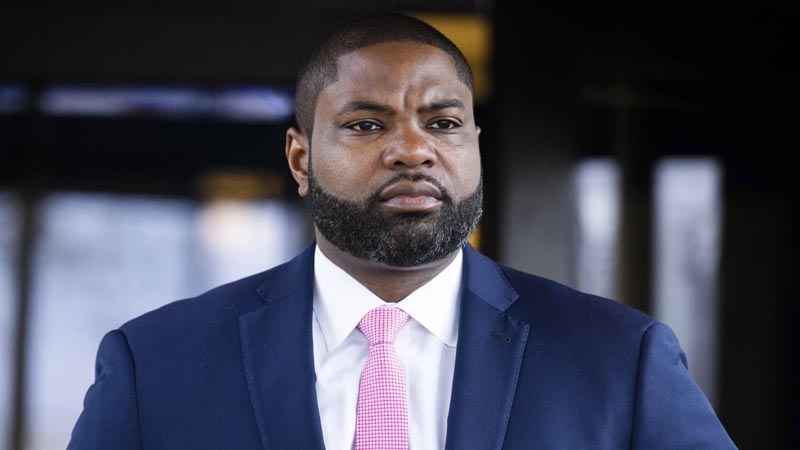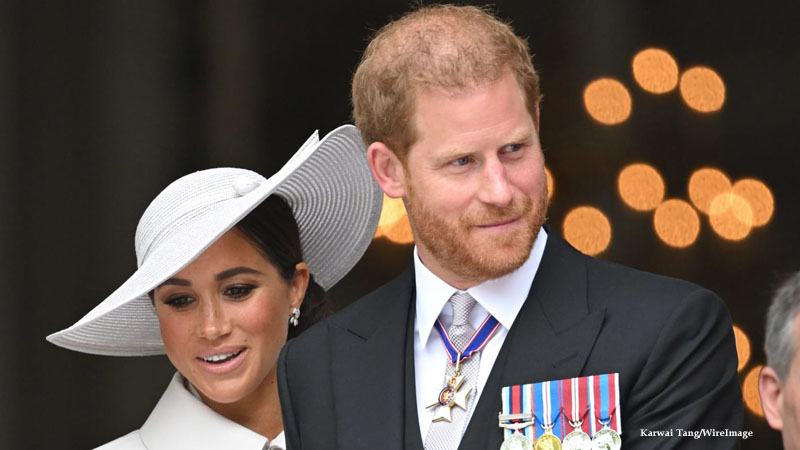“What I sense … is that whatever happens” Implications of Trump’s Hush Money Trial Verdict Could Reshape 2024 Presidential Race, Analyst Suggests

BY JABIN BOTSFORD/THE WASHINGTON POST/GETTY IMAGES
As Donald Trump’s hush money trial approaches the critical phase of jury deliberations this week, political analysts are bracing for the outcome to potentially reshape the dynamics of the upcoming November election. According to MSNBC analyst Hayes Brown, the verdict—regardless of what it may be—promises to usher in a new and unpredictable chapter in American politics.
“The jury’s decision will force a recalibration of all prior assumptions about the 2024 presidential race,” Brown emphasized, highlighting the profound impact this trial has not just legally, but also electorally. “What I sense … is that whatever happens, America is in no way ready for the new chapter that a verdict — or lack thereof — in Trump’s case will usher in,” wrote Brown.
Trump faces 34 felony charges of business fraud, centered around allegations that he paid an adult film star to conceal their past sexual relationship. With closing arguments set to commence on Tuesday, followed by the start of jury deliberations, the tension surrounding the possible outcomes is palpable.
Brown outlines three potential verdicts: a conviction, an acquittal, or a mistrial due to a deadlocked jury. Each scenario carries significant implications. A conviction could severely undermine Trump’s political leverage, preventing him from undoing the legal consequences, even if he were re-elected. “A conviction would be another asterisk next to his name, one more humiliation to add to the list,” Brown noted, pointing out that it would also serve as a costly distraction from his campaign efforts, which are already strained by legal expenditures, reported Raw Story.
Conversely, an acquittal might be hailed by Trump and his supporters as a “total exoneration.” This outcome could bolster his image and affirm his claims of being unfairly targeted by political adversaries, potentially galvanizing his base.
Brown also raises the possibility of a mistrial, which could leave the situation unresolved and extend the legal battle, keeping the controversy alive in the public eye and the media, further influencing public opinion and the 2024 election landscape.
“And yet, Trump’s supporters, following the lead of spineless Republicans who have shown up in court to support him, may well shrug and cast their votes for a convicted criminal,” Brown asserts, underscoring the deep political divisions and the unwavering loyalty of Trump’s voter base.
As the trial progresses to its concluding stages, Brown’s analysis suggests that the implications of the verdict extend far beyond the courtroom. “In this liminal space, the future hangs by a thread,” he writes, capturing the suspense and the high stakes involved as the nation awaits a decision that could redefine its political future.


